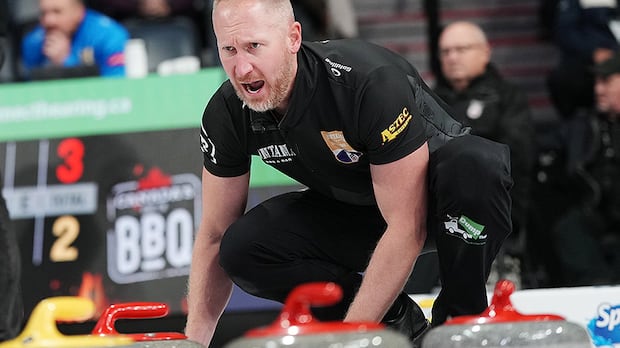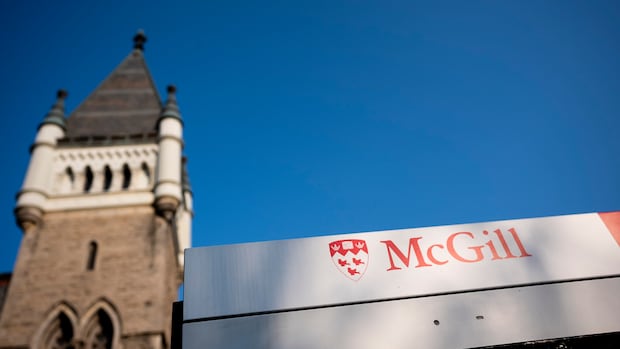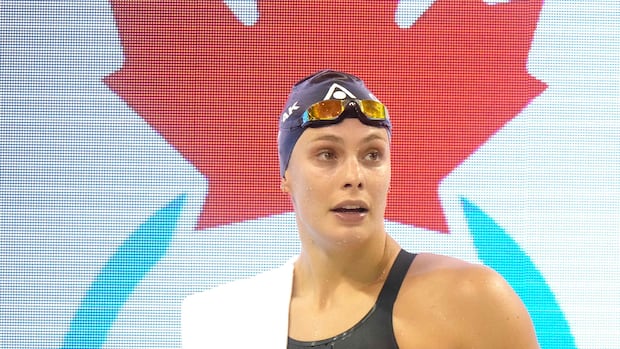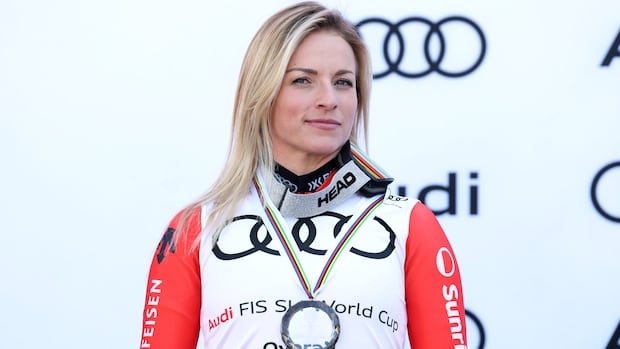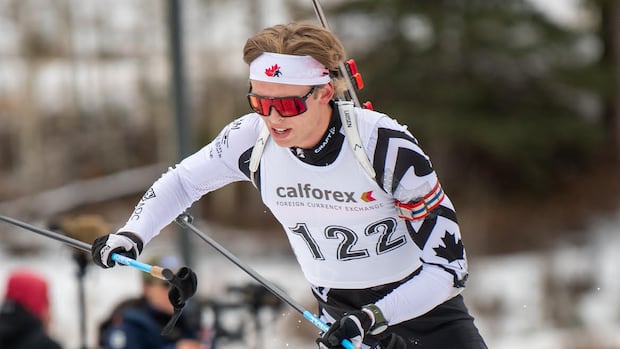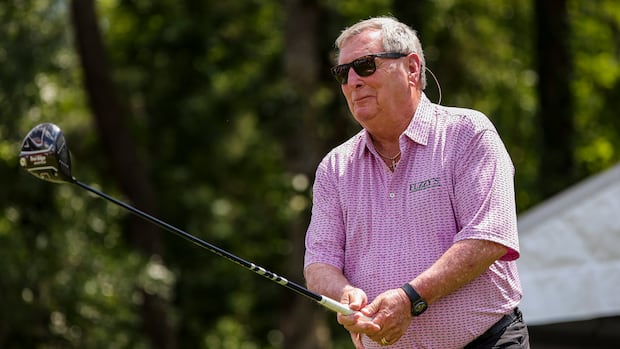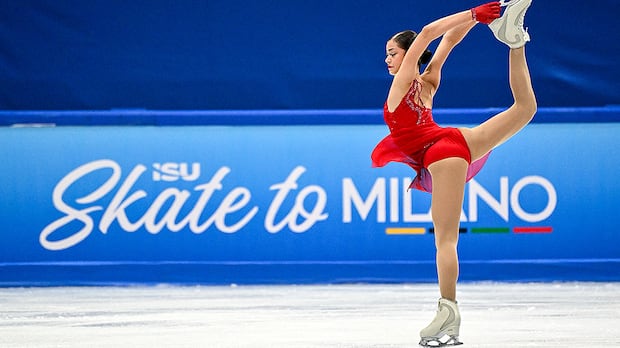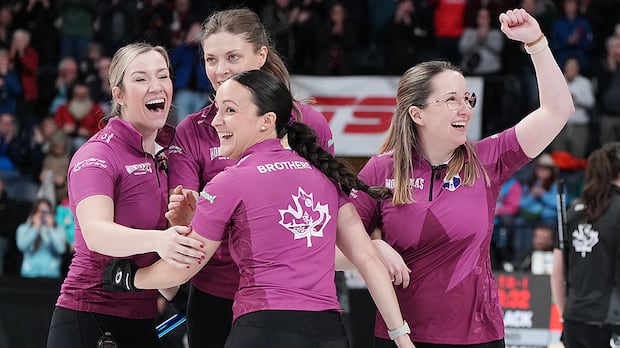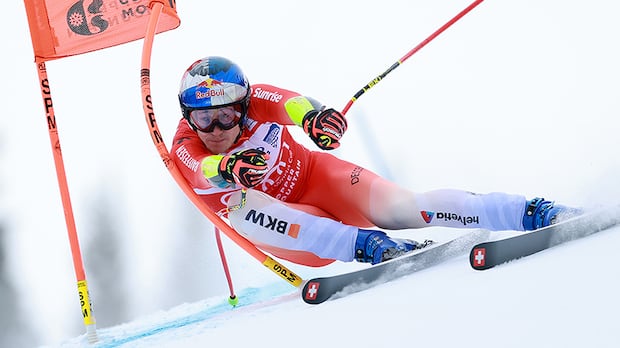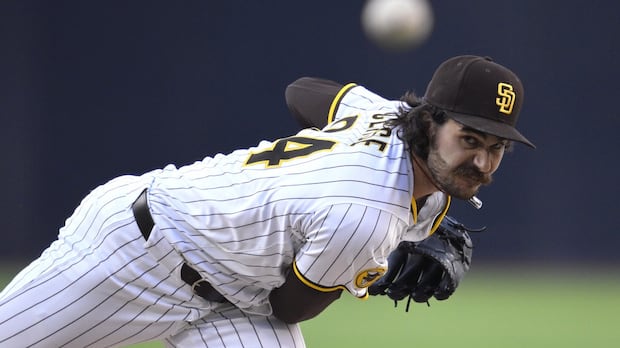In Grade 2, Jasper Fleming acquired his “superpower.”
The Edmonton native had developed anxiety over the previous two school years, unable to read and write at the same level as his peers.
It wasn’t for a lack of intelligence — his parents, Lise and Aric, say he was extremely well-spoken — but that only exacerbated the nerves.
Toward the end of the school year, Fleming got his answer: he was diagnosed with severe dyslexia.
The diagnosis was a blessing for Fleming: “it was nice to put a name to [it],” he said. From there, he was able to attack life with all the proper information. He joined a free program called Right To Learn, funded by the Free Masons, in its first year, where he received twice-weekly after-school tutoring.
“Through that, I rewired my brain in a way that allowed me to see the world in a completely different perspective. So it doesn't just happen with reading and cognition,” Fleming said.
“Everything that I do in this world revolves around dyslexia, which is, I think, the biggest superpower I've ever had in my life.”
Now, over a decade later, Fleming’s world is biathlon — and he has his sights set on Milan-Cortina 2026.
The 20-year-old would like to become just the second Canadian biathlete to ever win an Olympic medal, following Myriam Bedard, who took three of them — two gold, one bronze — across the 1992 and 1994 Olympics.
But even Fleming didn’t think that could become reality as soon as this February.
“It's crazy to me that I started with this big list of goals when I was nine years old. It's like, ‘Oh, I want to make the national team one day and I want to win national medals and go to the Olympics,’” Fleming said.
“And I'm sitting here telling you this, 11 years later, it's all possible. Most of it's happened. I just have a couple more ticks to check off the box, which is crazy.”
 Fleming competes in a race against a mountain backdrop. (Submitted by Jasper Fleming)Olympic dream
Fleming competes in a race against a mountain backdrop. (Submitted by Jasper Fleming)Olympic dreamFor the first time this year, Fleming will begin his season on the senior World Cup circuit, which kicks off Saturday in Oestersund, Sweden.
He made six World Cup appearances last season, including two in Antholtz, Italy, which doubles as the 2026 Olympic venue, where he helped Canada finish 18th in the relay while finishing 95th (third among Canadians) in the individual men’s 10-kilometre race.
Canada will send four male biathletes to the Olympics. The spots are still up for grabs.
For Fleming, just an Olympic appearance — let alone a medal — would be a bonus for an athlete who is more likely targeting podiums in 2030 and 2034.
“I'm kind of in this for the long game, hopefully. And my ultimate goal is to win medals at the Olympics. I'm not going to beat around the bush and tell you that that's not what I'm here for,” said Fleming, who is also the reigning national junior champion.
The dream began as a nine-year-old in Edmonton. Just a few years earlier, unable to understand what was holding him back at school, he was at a loss.
“We had this really bright kid, really outgoing and really wanted to be just one of the other kids, but realizing that school was so stressful for him, it made him have a lot of anxiety. And I think it made him question his ability and his intelligence,” his mother, Lise, said.
“And I remember one day he told me — it's really kind of heartbreaking — but he was like, ‘Mom, I hate my brain.’”
 Fleming prepares to shoot a rifle in competition. (Submitted by Jasper Fleming)
Fleming prepares to shoot a rifle in competition. (Submitted by Jasper Fleming)Through tutoring and sport, however, Fleming’s confidence began to bloom. He had been involved in cross-country skiing for a few years, but he was hooked when he first strapped on skate skis.
“He built a track that would go from our front yard to the backyard through the gate in our house. And it was minus-20, maybe even minus-25 in Edmonton. And he was out there for hours just circling around this track in our house,” his mother, Lise, recalled.
Meanwhile, his Christmas request — the full Olympic kit from The Bay — became a constant.
“He would get his cousins and his little brother to pretend that they're in the Olympics and then we would have a medal ceremony. We would have to play the Canadian anthem and everyone would get on their podium. And because he was the oldest, he was usually the one getting the gold medal,” Lise said.
The Sochi Olympics piqued Fleming’s interest so much that he wrote a fan letter to Nathan Smith, a biathlete who competed for Canada in those Games.
Smith wrote back, further sparking the Olympic dream.
'Finally found my place'And the Fleming family went all in, packing up and moving to Squamish, B.C., in 2018. They now live 45 minutes from the 2010 Olympic facility, where Jasper trains.
“You don't think about it that often, but you get numb by the fact that you ski right into the Olympic rings every day,” he said.
Biathlon is not Fleming’s only sport — he also takes mountain biking and downhill skiing quite seriously, two more benefits of living nearby the 2010 Olympic site.
He understands that biathlon is not exactly hockey in Canada. At some point, maybe soon, he will have a decision to make on whether the lifestyle is financially sustainable.
But for now, biathlon still fascinates Fleming.
“These two sports [cross-country skiing and shooting] made no sense together, but yet they create this creative and really exciting mixture,” he explained.
Both Lise and Jasper pointed to the biggest challenge of biathlon as being heart rate — athletes must go all out for sprints, then use exact precision to shoot at targets.
One missed shot, and your whole competition could collapse.
Fleming thrives in that environment.
“I've never met an individual like this before. He's my child, but I'm still a little bit fascinated by his routine,” Lise said. “He's someone who just thrives in routine and his brain functions best when he's got that structure.”
He now credits that sharpened focus for the motivation he has in sport, which also became an outlet for him.
“I love that routine. It's like, I wake up every day and I know what I have to do,” he said. “I think that in many ways has helped me with my athletic career and it's given me something to like to look forward to.”
In turn, it’s also given Canadians something to look toward. Perhaps it doesn’t come in 2026, but another biathlon medal — the country’s first in decades — could be on the way.
“I could say for sure that I feel like I belong, which is something that I've been struggling to find on the international circuit for a while,” Fleming said.
“Now, I feel like I finally found my place.”


